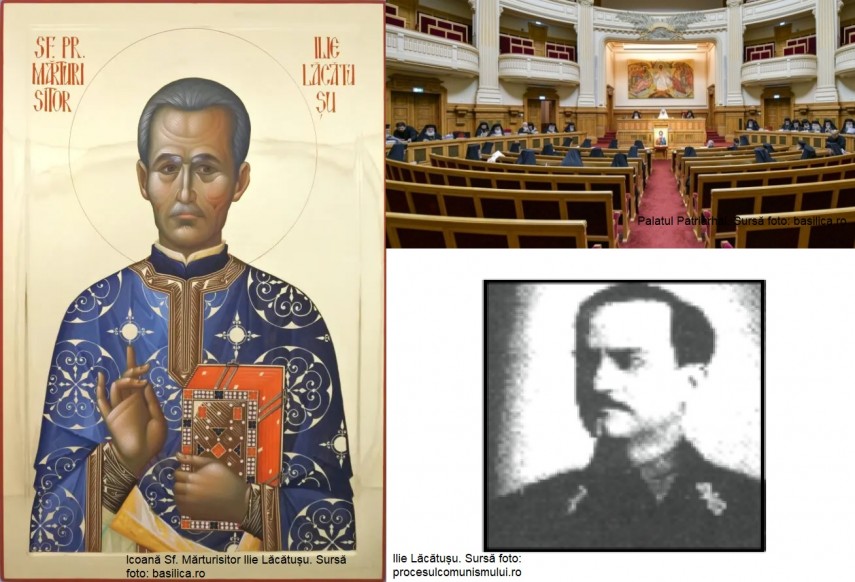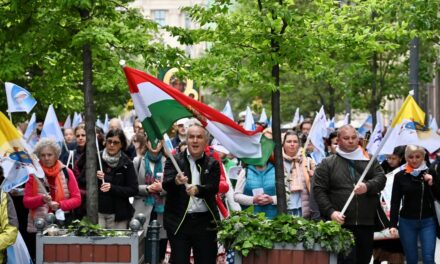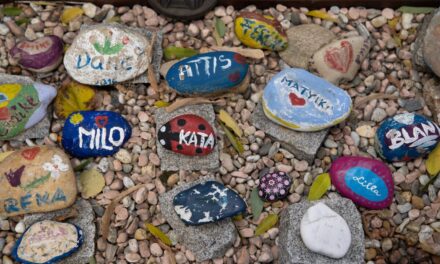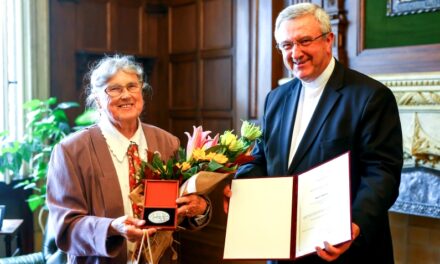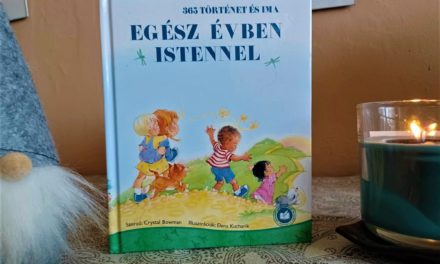Despite the warning of the Elie Wiesel National Holocaust Research Institute in Romania, the Synod of the Romanian Orthodox Church (BOR) approved the canonization of Orthodox priest Ilie Lacatusu, a representative of the former Romanian fascist movement called the Legion of Archangel Michael, who later served as a missionary in the Transnistria region, the G4Media.ro news portal reported. .
In preparation for the centenary year of the Romanian Orthodox Patriarchate in 2025, the BOR decided on the canonization of 16 priests of the church and their inclusion in the church calendar during its synod session held on Thursday and Friday. According to the synod announcement, he was ordained a priest in 1934, initially served in Oltenia, and then in 1942-43 was sent to the Transnistria region (occupied by the Soviet Union) for Orthodox missionary service. Ilie Lacatusu, who was dragged to a forced labor camp and then returned to priestly service from 1970, died in 1983, will be celebrated as a "professing saint" in Orthodox churches on June 22 of each year.
Alexandru Florian, the director of the Holocaust Research Institute, drew attention to the fact that the Orthodox Church "is about to canonize a legionnaire", as Ilie Lacatusu was the leader of a legionary "nest" (one of the basic cells of the movement) in the 1930s. during his service in Oltenia in the 1940s, and later "during his missionary service, he did not show any empathy" regarding the fate of the Romanian Jews who were dragged to the camps on the banks of the Dniester, where - at his place of service - there was a camp in Rabnita County, and in the fall of 1941, nearby Odessa claimed 20,000 victims. was the site of a pogrom.
According to G4Media, the Romanian Orthodox Patriarchate initiated the canonization of Ilie Lacatusu in 2000, when it gave its blessing to open to pilgrims the crypt of the missionary who was dragged by the communists in the Giulesti cemetery in Bucharest.
On the verge of joining NATO, in the early 2000s, the Romanian state admitted that the government led by Ion Antonescu had killed more than a quarter of a million Jews with Romanian citizenship in the period 1941-44. The Romanian government established the Elie Wiesel National Institute for Holocaust Research in Romania (INSHR-EW) in 2005, which is prominent in the planning and future operation of the Bucharest Holocaust Museum, as well as in the development of the curriculum for the new subject introduced into Romanian secondary school education last year, which introduces the history of the Jews and the Holocaust got a role.
In 2025, the Romanian Orthodox Church will celebrate the 140th anniversary of its recognition in Constantinople and
the 100th anniversary of the establishment of the Romanian Orthodox Patriarchate. On this occasion, the Parliament of Bucharest declared 2025 as the "centenary year of the Romanian Patriarchate", allowing state institutions and municipalities to support church celebrations with budgetary resources.
MTI
Photo source: basilica.ro, procesulcomunismului.ro

